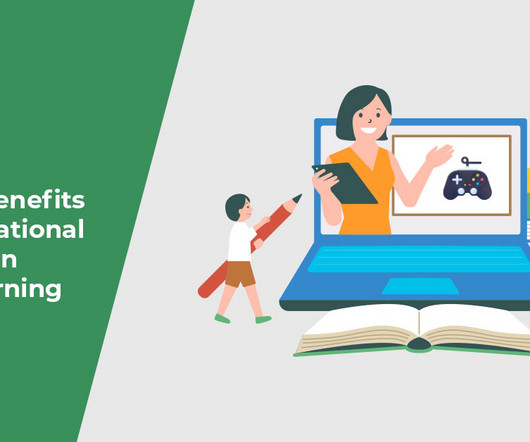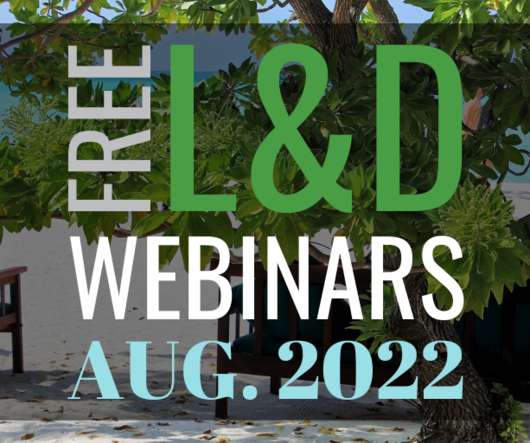eLearning Glossary: Definitions for the Most Commonly Used Terms
Association eLearning
MAY 11, 2016
If a customer service agent has had to sit through dry lecture videos that were filmed ten years ago, which are now online, that may be their image of eLearning.” Pedagogy- The art or practice of teaching. That’s where my brain goes when I hear “eLearning,” and I have fond memories of it.








































Let's personalize your content